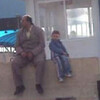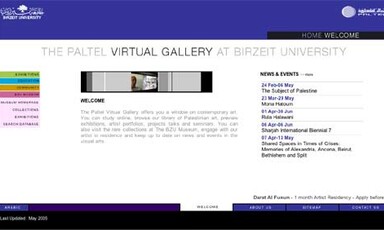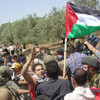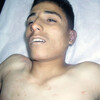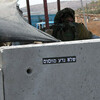
Health in Palestine: Access is the key
8 May 2005
The Red Crescent deploys mobile teams to provide primary health care to 25,000 vulnerable people affected by movement restrictions in the southern West Bank. Suheila Al-Hureibat, also known as Um Mohammad, is a 38-year-old mother of seven children, aged from two to 13. Still, she hopes for more. “We want another two, preferably boys,” she laughs, before adding more seriously: “It will be easier for them to make their living.” Um Mohammad is a resident of Beit Al-Rush, near Hebron. The southern West Bank is considered by many aid agencies as one of the areas with the worst humanitarian situations in Palestine. Read more about Health in Palestine: Access is the key


